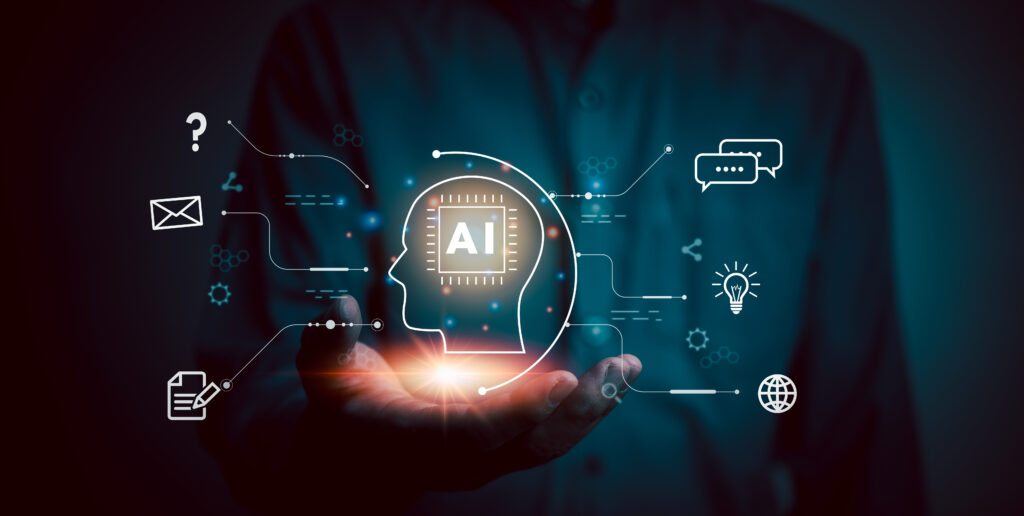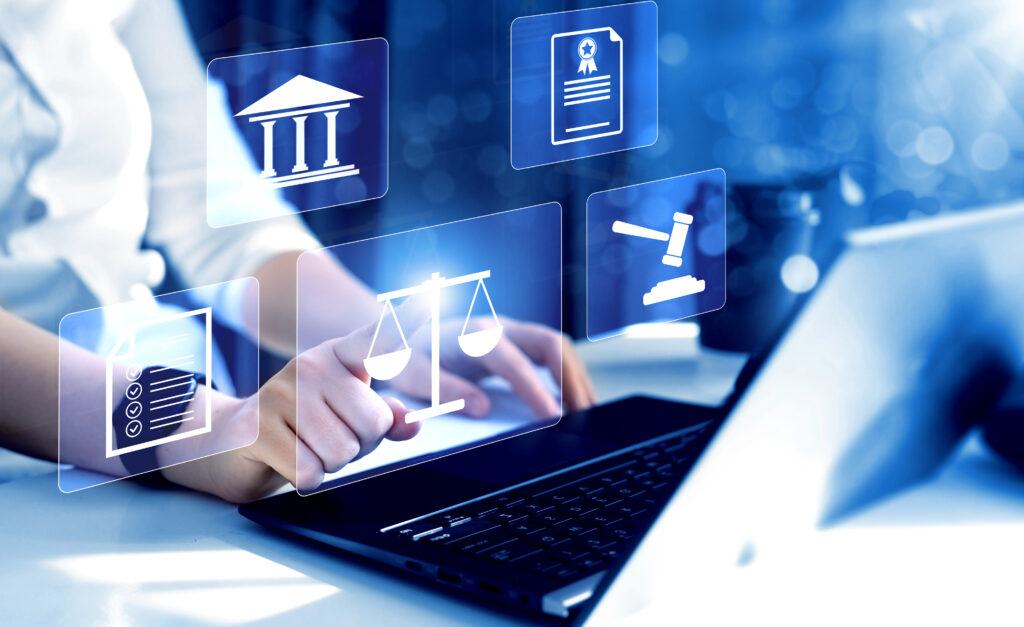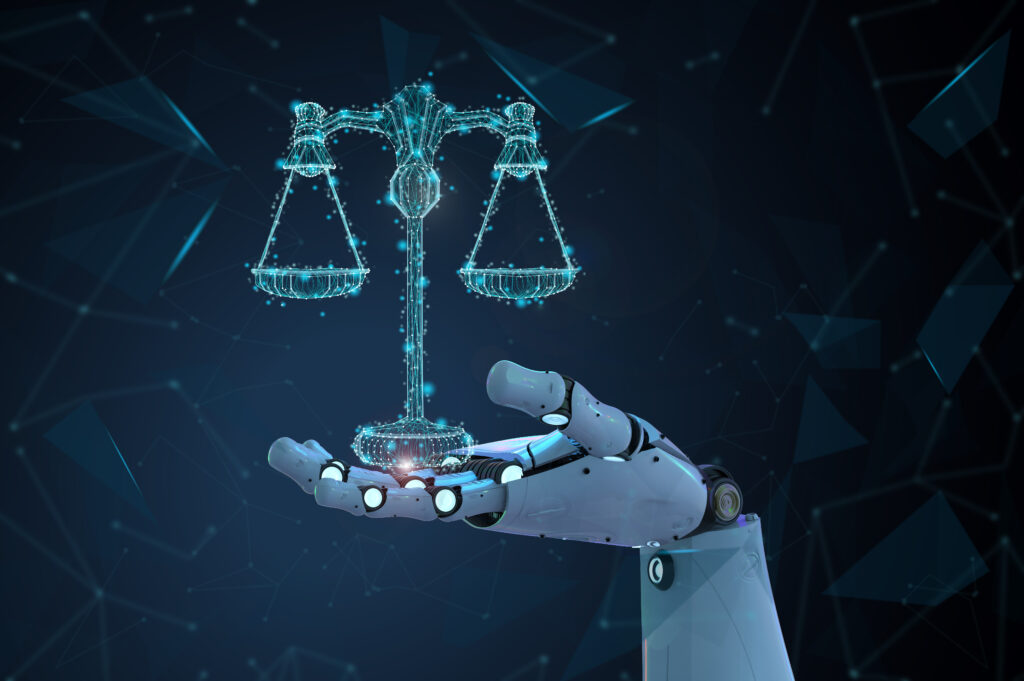Our series on artificial intelligence's relationship to various fields of law continues! AI is transforming nearly every sector of society—today, we take a look at how this fast-evolving technology affects criminal law. From predictive policing to courtroom risk assessments, AI tools are reshaping how we investigate crimes, determine bails, and even make sentencing decisions.
As always, innovation brings about new questions and ethical concerns. Legal professionals must be prepared to confront urgent matters surrounding AI bias, deepfakes, due process, transparency, and accountability.
Read on!

Predictive policing. AI systems are now capable of analyzing crime data to forecast where offenses are likely to occur. The goal is to allocate police resources more efficiently and prevent crime before it can happen. Defense attorneys are already raising red flags about transparency and the potential for systemic discrimination. Critics warn that these models may perpetuate existing patterns of over-policing, especially in communities of color, due to biased historical data. In our present world, this can only escalate tensions.
Risk assessment tools in bail and sentencing. Judges in some jurisdictions are now relying on algorithmic tools to assess whether a defendant is likely to reoffend or fail to appear in court. The legal concern is that these tools, such as COMPAS (Correctional Offender Management Profiling for Alternative Sanctions) or PSA (Public Safety Assessment), are not always transparent in how they reach their conclusions. If a defendant is denied bail or receives a harsher sentence based on an algorithm, is that a violation of due process? Who can be held responsible for such a thing? What happens if a tool is shown to have racial bias, which AI has already displayed?
More and more people are choosing to outsource thinking to artificial intelligence. Where do we draw the line...or is anyone willing to even do so anymore?

Facial recognition and surveillance. Facial recognition has come so far, it's almost scary. Law enforcement agencies can now use AI-powered facial recognition software to identify suspects in crowds, airports, or surveillance footage. While it is impressive technology...it's also not perfect. Studies have shown that these systems are far less accurate when identifying people of color, leading to documented cases of false arrests. There are also growing concerns about 4th Amendment implications of widespread biometric surveillance. The farther we get into the future, the more privacy is becoming a luxury.
Digital forensics. AI is used to analyze vast amounts of digital evidence, from phone records to video content, helping prosecutors build or defend cases more efficiently. But what safeguards exist to ensure that evidence collected or interpreted by AI is accurate, admissible, and subject to scrutiny? And who bears the responsibility if AI gets it wrong?
AI itself is capable of producing deepfake content and it's getting better at it all the time. With false imagery and video content circulating social media, it's getting more and more difficult to tell what's real.

With the rise of artificial intelligence, legal and ethical questions loom large. While AI offers incredible efficiency and scale, it also poses risks that directly intersect with constitutional and criminal protections including the right to a fair trial, presumption of innocence, protection from unlawful search/seizure/surveillance, and the right to confront your accuser (especially if that "accuser" is an algorithm). The legal community must stay on top of these never-ending changes and keep asking questions such as:
Who audits the AI?
Who must be held responsible when mistakes are made?
How is bias measured and corrected?
Can you cross-examine ChatGPT on its algorithm?
These aren't hypothetical questions...they're already playing out in courtrooms across the country. AI is an unstoppable force that is reshaping the criminal justice system in real time. As legal professionals, it's your duty to understand its capabilities, question its limitations, and advocate for its ethical use.
That's why you should make attending this year's Criminal Law Symposium a priority. Whether you're a defense attorney, prosecutor, judge, or policy advisor, staying on top of the issues is of the utmost importance. This unparalleled CLE event will equip you with the insight to engage with AI-related legal issues and more. Be sure to join us and become an essential part of this evolving conversation. Because as AI continues to evolve, so must the law—and the lawyers who uphold it.


